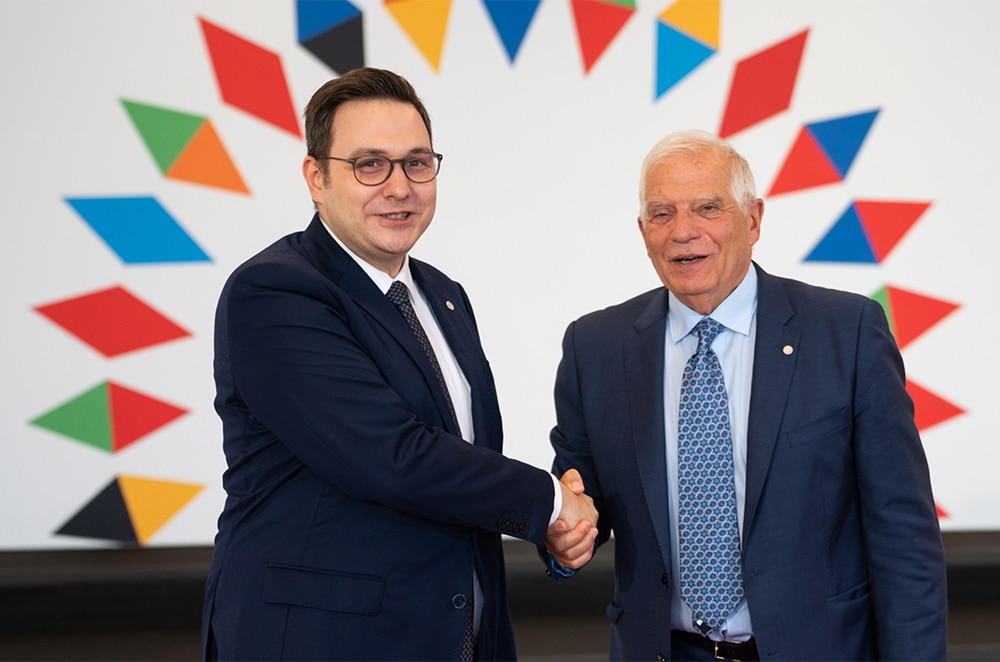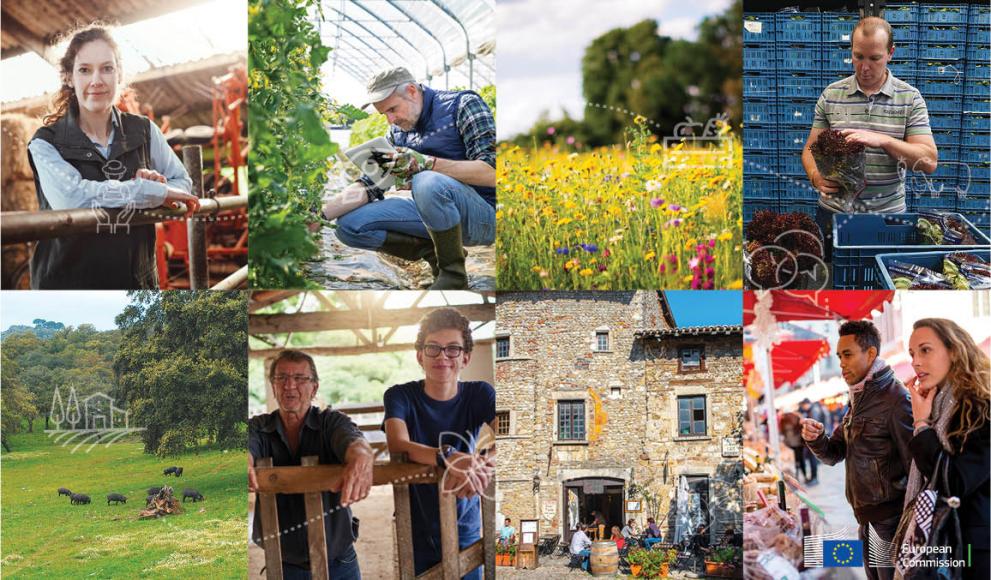Gorbachev had a huge impact on the course of world history
Russian President Vladimir Putin today sent a telegram expressing his deep condolences to the family and relatives of the last Soviet leader, Mikhail Gorbachev, who died at the age of 91, TASS reported.
The text of the message was published on the website of the Kremlin.
“Mikhail Gorbachev was a politician and statesman who had a huge impact on the course of world history. He led our country in a period of complex, dramatic changes, large-scale foreign policy, economic and social challenges. He deeply understood the need for reforms and tried to propose his own solutions to pressing problems,” Putin wrote in the telegram. “I would also like to note the great humanitarian, charitable and educational activity that Mikhail Sergeevich Gorbachev has carried out in recent years,” he adds.
In conclusion, the Russian president said that he once again sends “sincere words of sympathy and support” to Gorbachev’s family and relatives in connection with their loss.
It is not yet clear whether Putin will attend Gorbachev’s funeral on Saturday
The funeral of the last leader of the Soviet Union, Mikhail Gorbachev, will take place on Saturday, his daughter announced. The service will be in the famous Hall of Columns in the House of Trade Unions in Moscow – the same place where Joseph Stalin’s body was displayed after his death in 1953.
Pavel Palazchenko, head of media relations at the Gorbachev Foundation, said the ceremony at the Column of Pillars would be organized by the protocol service of the Putin administration. “There is no information whether this is considered a state funeral or not,” he told RIA.
The service will be open to the public, and then Gorbachev will be buried at the Novodevichy Cemetery in Moscow, TASS reported. There is also the grave of Boris Yeltsin, the first president of Russia and Gorbachev’s political rival. Nikita Khrushchev is the only other Soviet leader buried there, and most others rest by the walls of the Kremlin in Red Square.
It is not yet clear whether Vladimir Putin will attend the funeral.
Photo by Mark van Jaarsveld:














